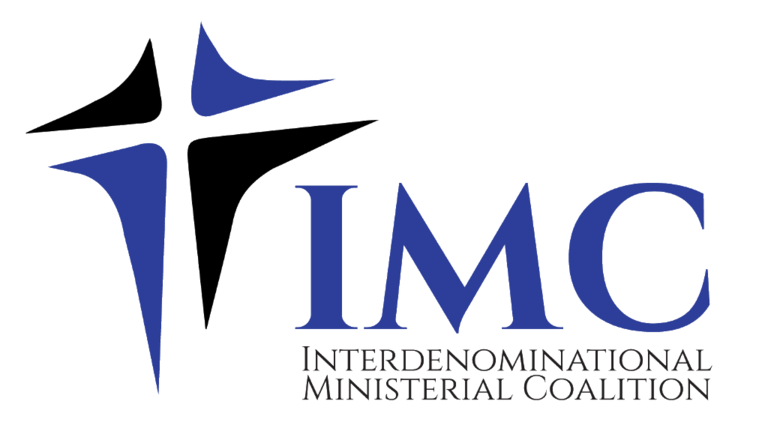The aim of this guide is to help churches within the Interdenominational Ministerial Coalition (IMC) and beyond plan and prepare to manage your church and congregation during the COVID-19 virus. This church planning and preparedness guide draws on biblical wisdom and our ministry’s research. We will share insights and best practices from our collaborative work with local, state, and federal public health agencies and our ministry’s experiences with helping churches and ministries.
In this guide we will help with the following: Church planning, Mentorship, Online Worship, Online giving, and resources.
****************************************************************************
CHURCH PLANNING
For which of you, desiring to build a tower, does not first sit down and count the cost, whether he has enough to complete it? Luke 14:28 ESV
Church planning and preparedness should not be developed in a vacuum. It is important to recognize that each church has its own history, culture, and approach to ministry. Successful church planning and preparedness should also acknowledge the unique risks each community faces, as needs vary from region to region and church to church.
A PLAN IS A TOOL. IT DOESN’T NEED TO BE LARGE OR DETAILED IN ORDER TO BE USEFUL.
A plan is a tool. It does not need to be large or detailed in order to be useful. The goal of having a plan is not to turn your church into a mini-public health agency, but rather to incorporate public health preparedness into your ministry. If you are spending more time creating a plan than working on ministry, it may be too large or complicated, and it probably means it will not be feasible to implement or sustain.
Your COVID-19 preparedness ministry will need a champion—a health ministry coordinator—someone who is passionate about how your church can prepare and care amidst the outbreak.
Successful church preparedness begins (and ends) with leadership. This involves getting key church leadership on board with your vision for how to help your church get ready for and respond to this public health emergency. It also encompasses identifying and developing the right leaders to help you carry out your preparedness activities.
The average senior pastor is already overwhelmed with a wide range of responsibilities. It can be hard for pastors to take on yet another role and ministry. In some cases, it may be easier (and better) for a minister with a heart for serving others in times of crisis to be appointed by the senior pastor to lead in getting your church prepared. Here are steps for engaging church pastors in a COVID-19 preparedness ministry:
- Choose ministry members who will be calm and informed, such as healthcare professionals.
- Identify a health ministry coordinator.
- Ensure this ministry represents, or is able to lead and communicate effectively with, the different parts of your membership, ministries, and community.
Work with and Partner with Other Churches
Working with other churches allows you to make connections locally, regionally, and even perhaps nationally or globally. These connections allow you to share knowledge and resources and to learn from others. Talk with other pastors from churches in your area to discuss the possibility of working together. Consider the following topics:
- Discuss how COVID-19 could affect your community.
- Explore ways you might collaborate with other churches. This could include national, regional, and local denominational bodies to which you are connected.
- Identify the special resources that each house of worship possesses (and potential gaps in knowledge, skills, resources, and capacity). Discuss ways to share and avoid duplicating your efforts.
- Create a simple plan for coordinating and sharing resources and for filling potential gaps.
- Consider partnering with public health, emergency response, government, or non-profit groups; many groups around the U.S. are offering virtual planning meetings.
- Describe the role of each participating group based on its unique resources.
WHY YOU SHOULD COLLABORATE WITH OTHER CHURCHES AND PUBLIC HEALTH AGENCIES
Working with other churches and public health agencies can greatly improve your ability to respond in a public health crisis. It allows churches to focus on things they do well while being supported by other churches.
- Arrange a mutual-support agreement with churches located in different areas so support is available in the event your church is significantly impacted by COVID-19.
- Identify the contact person for each church, plus a back-up person, in case the main contact is unavailable. Include multiple ways to contact this person.
- Include a schedule for updating information such as contacts, organizational needs, and resource availability.
- Assign a coordinator for the plan, someone who will ensure the plan is current and follow and update the schedule.
- Work together to modify the plan and address any challenges or problems.

